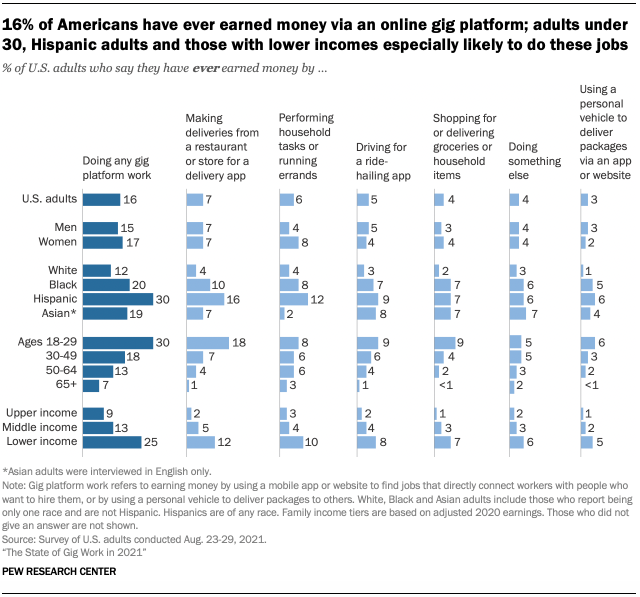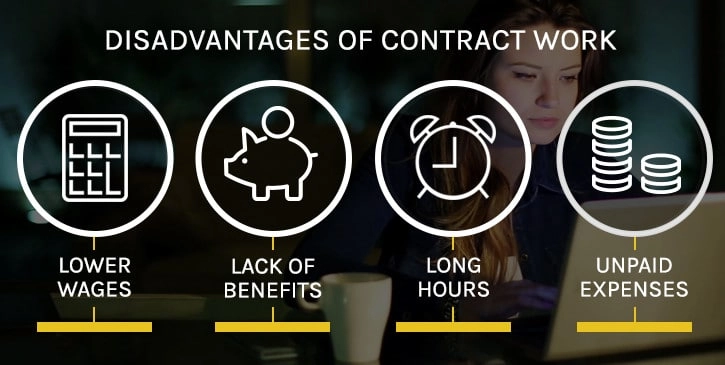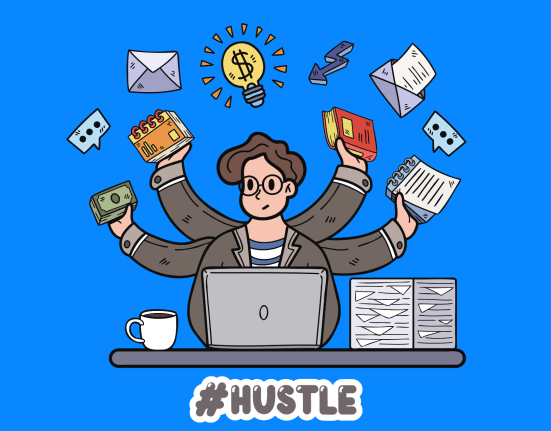The gig economy has been growing rapidly in recent years, fueled by advances in technology and changes in the labor market. This new economy is characterized by short-term contracts or freelance work, often arranged through online platforms such as Uber, Zomato, BlinkIt, and others. While the gig economy has been hailed as a flexible and innovative way of working, there are concerns that it is actually a modern-day sweatshop system.
In this article, we will explore the reasons why the gig economy can be seen as a modern-day sweatshop. We will examine the labor conditions, economic inequality, and psychological and social impacts of the gig economy on workers, and compare these to the sweatshop system of the past. Finally, we will discuss some potential legal and policy solutions to address the issues facing gig workers.
Background on the Gig Economy
Before diving into the reasons why the gig economy is a modern-day sweatshop, it’s important to understand what the gig economy is and how it has grown in recent years.
The gig economy refers to a labor market in which temporary, flexible jobs are the norm, and companies often contract with independent workers for short-term engagements. It is enabled by digital platforms that connect gig workers with customers, such as ride-hailing apps like Uber and Lyft or task-based platforms like TaskRabbit and Upwork.
The gig economy has grown rapidly in recent years, with more and more workers joining the ranks of freelancers and independent contractors. A study by McKinsey & Company estimated back in 2016 that up to 162 million people in the United States and Europe engage in some form of independent work.

Arguments to why Gig Economy is a modern-day Sweatshop
Labor Conditions in the Gig Economy
One of the main reasons why the gig economy is a modern-day sweatshop is the lack of protections and benefits for gig workers. Many gig workers are classified as independent contractors rather than employees, which means they are not entitled to the same protections and benefits that traditional employees receive, such as minimum wage, overtime pay, workers’ compensation, and unemployment insurance.
In addition, gig workers often work long hours without overtime pay. According to a study by the Economic Policy Institute, 30 percent of gig workers work more than 40 hours per week, and more than half work over 30 hours per week. However, because they are classified as independent contractors, they are not entitled to overtime pay for hours worked over 40 in a week.
Gig workers also face inconsistent and unpredictable work schedules, which can make it difficult to plan their lives and earn a stable income. Many gig workers rely on income from multiple platforms to make ends meet, which can lead to a precarious financial situation.
Finally, gig workers lack job security and stability. They are often subject to arbitrary ratings systems and can be terminated from a platform without warning or explanation. This lack of stability can cause stress and anxiety, especially for workers who rely on gig work as their primary source of income.

Economic Inequality in the Gig Economy
Another reason why the gig economy is a modern-day sweatshop is the economic inequality that it creates. Gig workers often face disparities in pay and income, as well as a lack of access to benefits like health insurance or retirement plans.
According to a study by the Federal Reserve, gig workers earn about 58 percent less than traditional employees on average. This means that gig workers are more likely to be living in poverty or struggling to make ends meet.
In addition, gig workers do not have access to benefits like health insurance or retirement plans. According to a study by the National Employment Law Project, only 15 percent of gig workers have access to employer-sponsored health insurance, and only 4 percent have access to retirement benefits.
This lack of access to benefits can have serious long-term consequences for gig workers. Without health insurance, they may be unable to afford necessary medical care, and without retirement benefits, they may struggle to save enough money for retirement.
The economic inequality created by the gig economy is reminiscent of the sweatshop system of the past, in which workers were paid very low wages and had no access to benefits or job security.
Psychological and Social Impacts of the Gig Economy
The gig economy also has psychological and social impacts on workers that can be compared to the sweatshop system of the past. One of the main impacts is stress and anxiety caused by unpredictable income and work schedules.
Gig workers often have to deal with unpredictable demand and supply, which can make it difficult to predict how much work they will have in the future. This uncertainty can lead to financial stress and anxiety, as well as a feeling of powerlessness.
In addition, gig workers often lack a sense of community and social support. They may work alone, without colleagues or coworkers, and may not have access to traditional workplace benefits like social events or team-building activities. This lack of social support can lead to feelings of isolation and loneliness.
Finally, the lack of job security and stability in the gig economy can lead to a sense of insecurity and vulnerability among workers, which can contribute to mental health issues like depression and anxiety.

Legal and Policy Solutions
To address the issues facing gig workers, there have been proposals for new laws and policies to protect their rights and ensure they receive the same protections and benefits as traditional employees.
One proposal is to reclassify gig workers as employees rather than independent contractors. This would give them access to benefits like minimum wage, overtime pay, and workers’ compensation. It would also provide them with greater job security and stability.
Another proposal is to create portable benefits programs that would allow gig workers to have access to benefits like health insurance and retirement plans, regardless of which platform they are working on.
Finally, there have been proposals for new laws and regulations that would require gig economy platforms to provide greater transparency and accountability in their operations, particularly in relation to worker ratings and terminations.
Conclusion
The gig economy’s similarities to the sweatshop system of the past are alarming. The labor conditions, economic inequality, and psychological & social impacts of the gig economy on workers highlight the need for immediate action to improve working conditions.
Proposals such as reclassifying gig workers as employees, implementing portable benefits programs, and increasing transparency and accountability in gig economy platforms can go a long way in protecting the rights and well-being of gig workers.
It’s time for policymakers, industry leaders, and the public to recognize the importance of addressing the issues facing gig workers. By creating a fairer and more equitable labor market for all workers, we can ensure that the gig economy doesn’t become a modern-day sweatshop system.








![Top 5 Personal Branding Examples [2024]](https://fueled.community/wp-content/uploads/2024/05/Source-Proideators.com-9-551x431.png)


Leave feedback about this